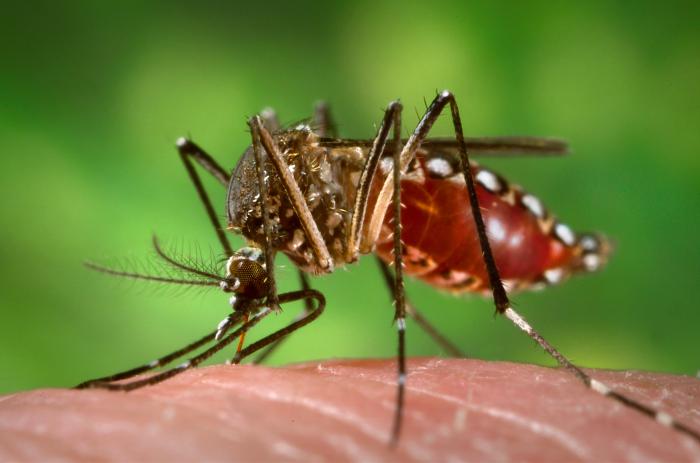Keys GM Mosquito Opponents Petition FDA
Keys residents who oppose Mosquito Control’s release of genetically modified mosquitoes have filed a petition with the Food and Drug Administration demanding further study before any release is permitted.
The petition requests that the Commissioner of Food and Drugs complete a detailed environmental impact statement for the field trial of Oxitec’s genetically modified (GM) Aedes aegypti mosquito in the Florida Keys. In addition, the document asks that the FDA establish a committee of experts and local residents to review the proposal from Oxitec and also to convene a public meeting in the Florida Keys for the public review of the company’s proposal with the appointed committee members present.
Widget not in any sidebars
The FDA stated in its 2009 Guidance 187 that certain genetically modified animals would be under the agency’s jurisdiction.
According to Michael Welber, a member of the Florida Keys Environmental Coalition, “this trial would be the first of its kind in the United States and that makes it imperative that the FDA exercise its authority over the release,” he said. Welber went on to comment that the FDA should “collaborate with all other relevant federal agencies to thoroughly assess the genetically engineered animals’ potential environmental and public health impacts.”
According to the Environmental Coalition there are substantial questions about whether the mosquito will have a significant effect on the human environment. Oxitec’s own research revealed that 15 percent of its mosquito larvae can survive to adulthood when in the presence of cat food contaminated with tetracycline. This commonly used antibiotic is also found in sewage and septic tanks, meaning that GM mosquito survival in the environment is very likely.
Residents of Marathon, where the GM mosquitoes would be bred, are very concerned in particular about research done by GeneWatch UK indicating that insect factories such as the one that Mosquito Control proposes could spread antibiotic resistant bacteria or superbugs into the environment, a serious risk to human health.
The petition also argues that aggressive Asian tiger mosquitoes could colonize areas where GM mosquitoes have wiped out local populations, spreading chikungunya and dengue as they go.
Keys residents who share the Environmental Coalition’s concerns are urged to submit comments to the FDA to support the petition. They can do so by going to the FDA website on regulations.gov, or searching for Docket number FDA-2015-P-1433, then clicking on the Comment Now button and inserting their comments into the box.




